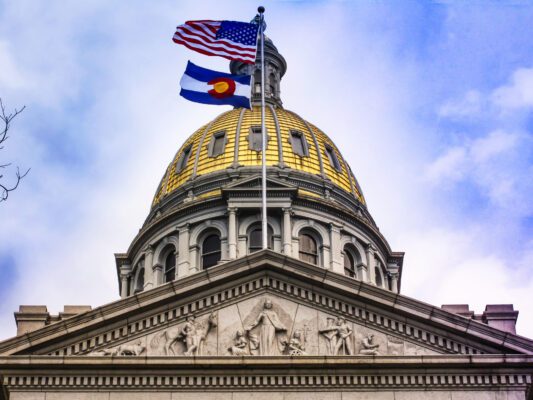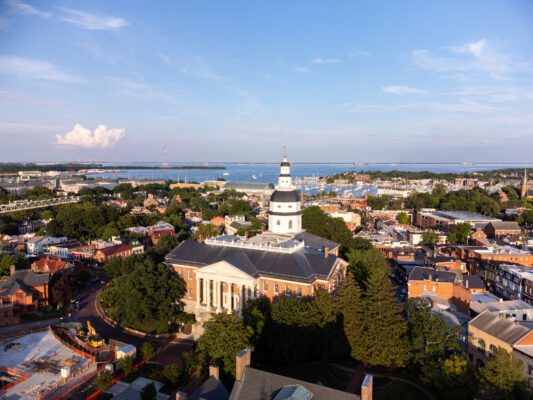For many, the Supreme Court’s ruling to overturn Roe v. Wade felt victorious. And it was. Yet, we can’t overlook the reality that there’s still much work to be done as the battle to protect human life marches on. Below, Benjamin Watson helps us better understand the current landscape of the pro-life movement and the challenges we may face ahead on the state level now that a federal right to abortion is gone.
Halftime for the pro-life movement
Benjamin Watson: If we can take ourselves back to June 24, 2022, when Roe was overturned—that was a momentous occasion. It was something that so many people had looked forward to and fought for, and it was something to be celebrated.
At the same time, I had an overwhelming feeling that the pro-life movement may not be ready for all that was going to happen in a post-Roe America. And while it was important for the Supreme Court to make that decision, the larger issue that we must wrestle with is the fact that the driving factors, whatever they may be for women to seek abortions and men to seek abortions for their partners, are still there.
This is almost like halftime for the pro-life movement. I played a lot of football, and we used to come in at halftime and reorder the game plan. The coach would always have some talking points and fire us up to go back out there. And for pro-lifers, this is kind of a halftime for us when we need to be engaged in this fight in perhaps a different way than we were before, maybe a more holistic way, because now the legislation is on the state level.
An opportunity
BW: Again, the driving factors, whether relationships, housing, healthcare—all those sorts of things—are still prevalent. Women are still struggling with those things. So, how can we as pro-lifers continue to step in and serve them in ways that promote life?
Additionally, something disturbing people should know is that chemical abortions make up about 50% of abortions now. And by chemical abortions, I mean a two-pill process that women can take in the privacy of their own bathrooms, having abortions at home without ever going to a clinic. That needs to be on our radar. Not as many people are talking about it, but it’s still ending lives. So, how do we sound that alarm and push our elected officials to create regulations?
We should continue praying, not just for life, but for families, for our culture, for those who are in decision-making roles, whether in local, federal, or state government. We need to be a people and a Church who advocates for life in all of its phases, whether that’s the person who’s trafficked, those who are suffering from poverty, or those who are feeling the brunt of racism or discrimination. We, as believers, have an opportunity to show the world the full spectrum of what it means to be pro-life.
Check out erlc.com/podcast to hear more of this discussion and listen to additional episodes of the ERLC Podcast covering issues that matter to Southern Baptists.









